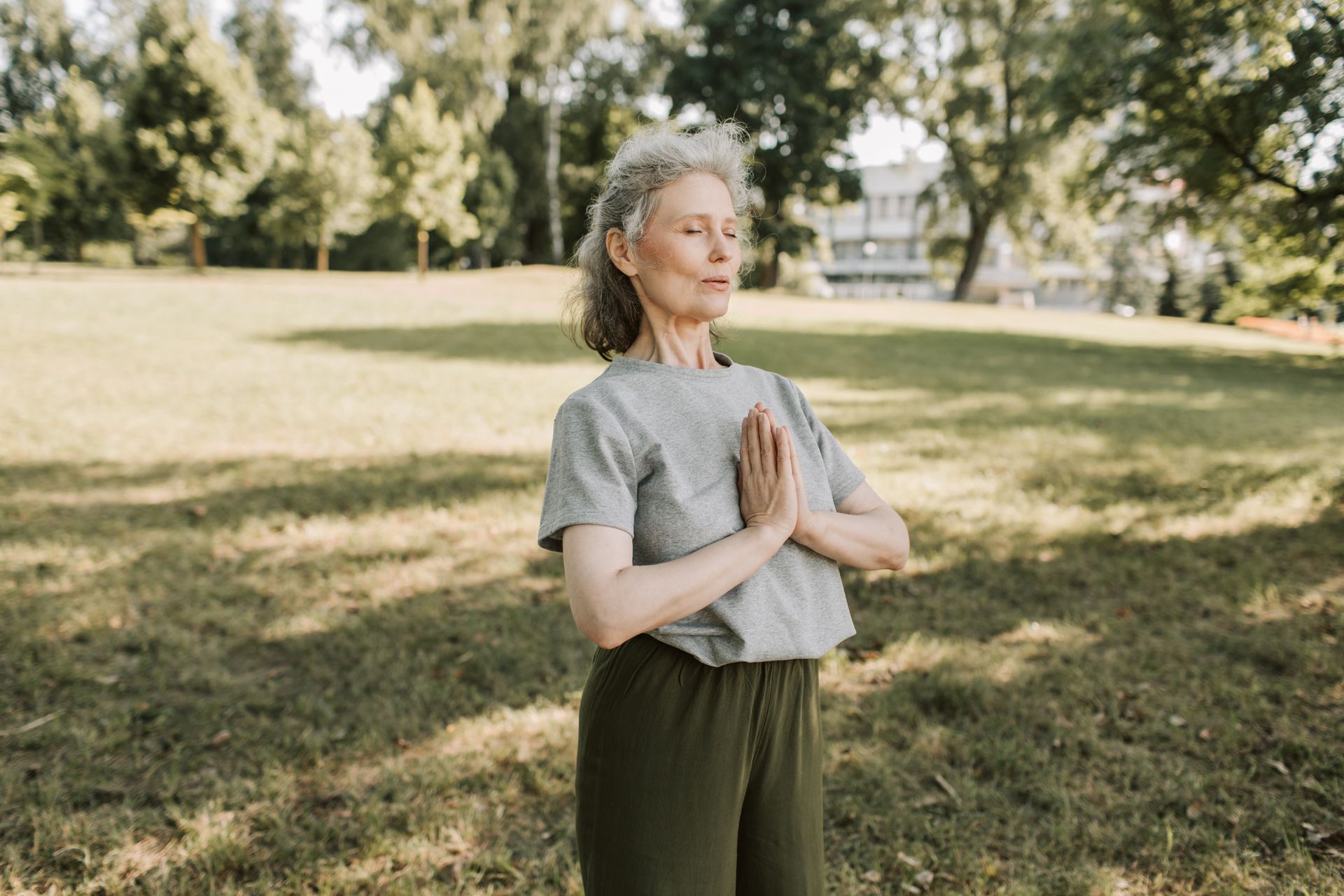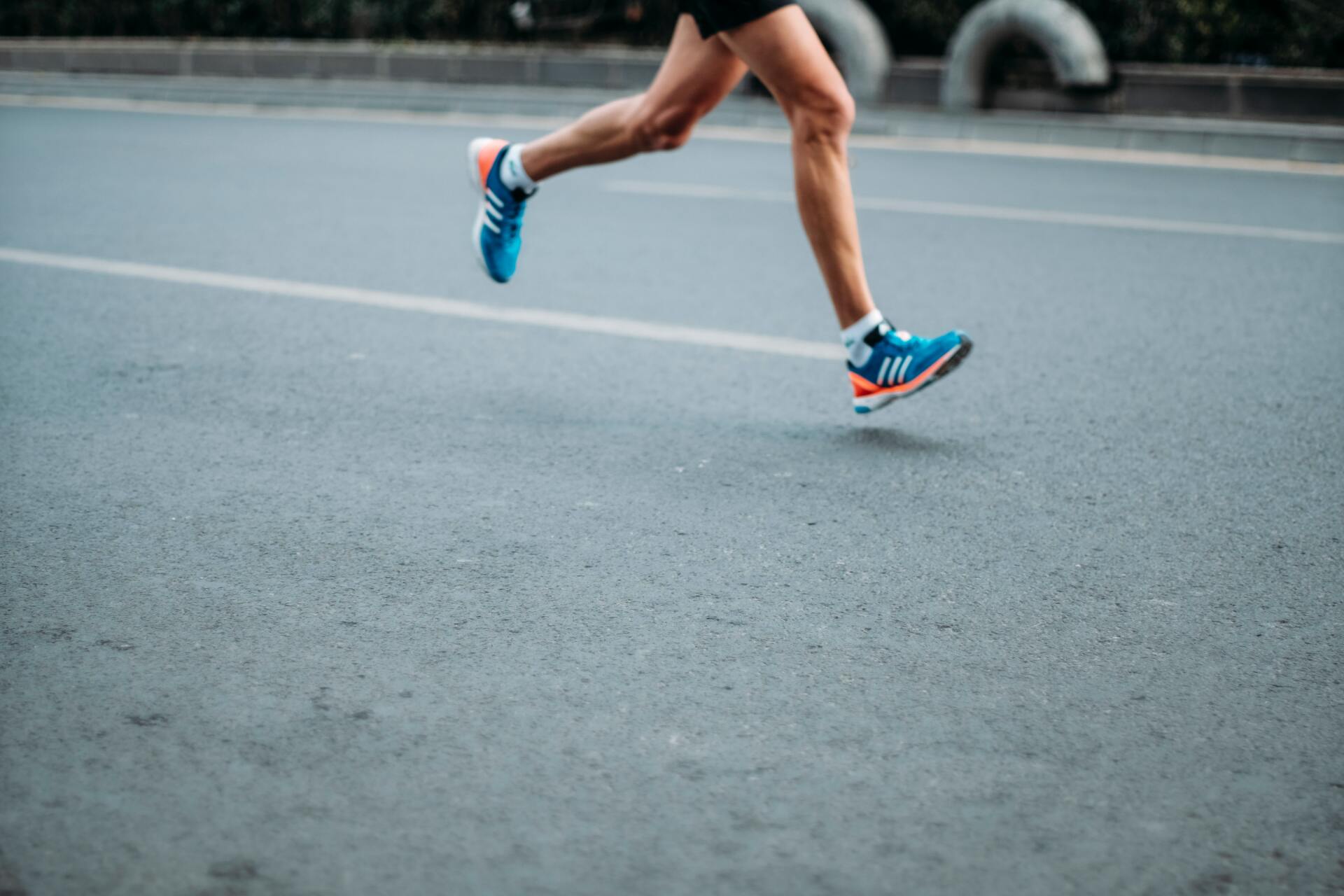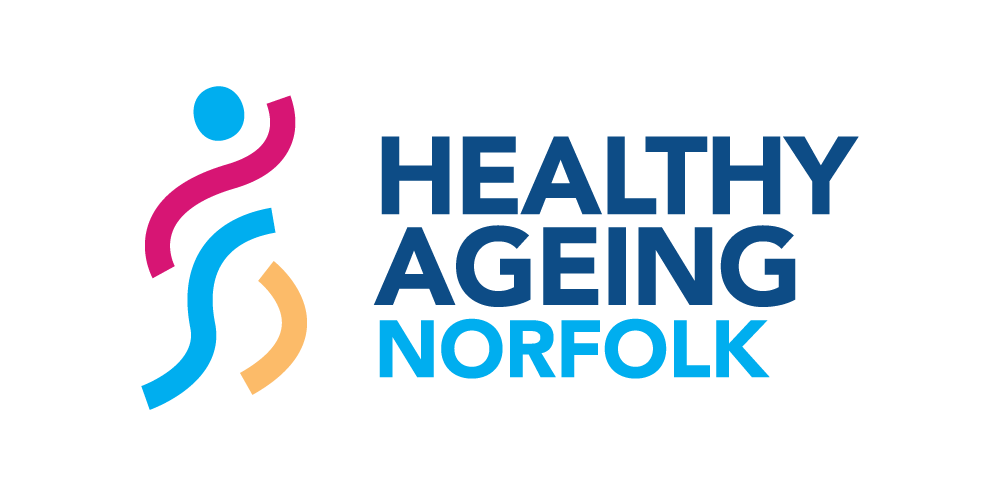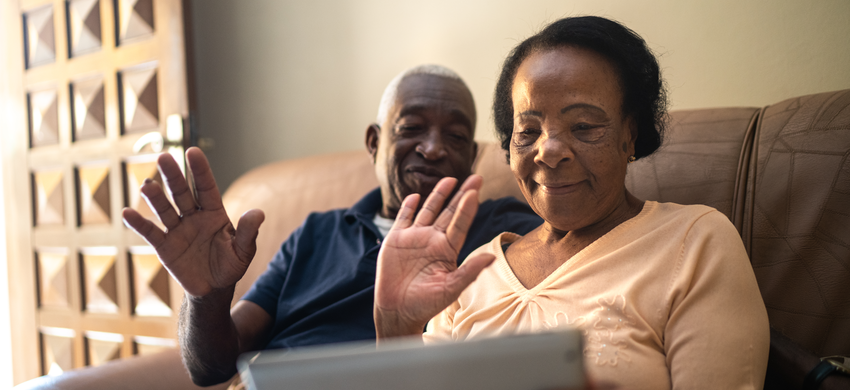Since we kicked-off the campaign, I’ve run 33KM (May), 115KM (June), 165KM (July) and 187KM (August)! It was a challenge to keep up the calendar of runs each week, which was a learning itself for me, as I had to invest time into becoming more physically active and healthy. It was a forced change and did not happen naturally.
I was reminded of this when speaking with another Activager, Richard Hubbard, who shared how time has always been a factor for him, and “in the way” of being active. He shared with me how he had to re-evaluate his goals, and then prioritise his time for his health, which is something I totally recognise. Time is a big challenge.
According to Ofcom, in 2020 the average UK adult spent 5hrs and 40 mins a day watching video content on TV or on their mobiles. This was an increase of 1hr, compared to pre-pandemic levels. When you add on 6hrs 45mins of surfing the internet and 1hr 49mins on social media, that means over half of our waking hours each day is spent in front of a screen of some type. Not tremendously healthy! Excusing working hours, a lot of this time is ours to control and choice, and if we can take the opportunity to reclaim 10-25 minutes here and there, they all add up to a more active lifestyle and give us the best chance to live and age well and avoid preventable health conditions.
Last week, China announced limiting hours online for children under 18 year to three hours a week, stating the change was to “protect the physical and mental health of minors.” Radical? Too much? Necessary? Who knows at this stage, but we do need to consider as a society ways to reduce our sedentary lifestyle and reclaim some of that time for our physical and mental health.
Over this campaign, we’ve supported people different in different ways to encourage more healthy living – for some that’s connecting people to our clubs and groups, 1-1 sessions in the home or in the community, or financial support where hardship impacts health opportunities. We’ve been supported by other people and organisations who have helped us by sharing their own story as an Activager, sharing information about local events, services, and activities, or donating time or money to benefit our charitable work. Your contribution has been amazing and invaluable and I thank you all for being part of our Age Healthy Norwich summer campaign.
Before I set out on this challenge, I wanted to see any physical difference this change in lifestyle would make to my body and mind. Over the duration I have:
- Lost 7 pounds.
- Reduced my body fat by 1%, lowering my BMI too.
- Lost 2.5 inches from my waistline.
- Increased by lung peak flow by 10.
My family tell me that I’ve been less stressed, and I’ve definitely felt like I have had more time to winddown and be outside in nature and open spaces. I’ve made a few positive steps in my diet too, and drank less alcohol, but there’s more work for me to do to understand the types of food that work best for me and the exercise I want to do moving forward.
I want to thank my family for their support, putting up with my aches, pains and my wife who has encouraged me throughout this challenge, fixed the odd injury and joined me on her bike for moral support!
Although our campaign is coming to an end, our work supporting healthy ageing continues to be a core part of our charitable activity, and our site will still be available to help, support and connect people who want to make positive changes to age healthy.
#agehealthynorwich #agehealthy





